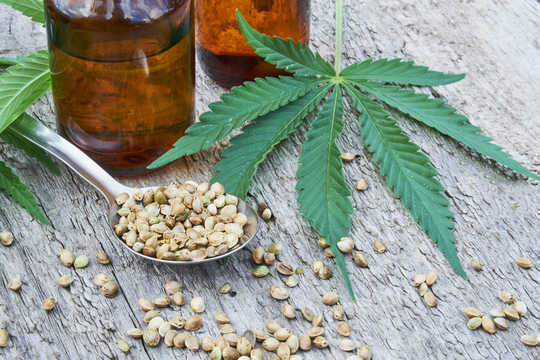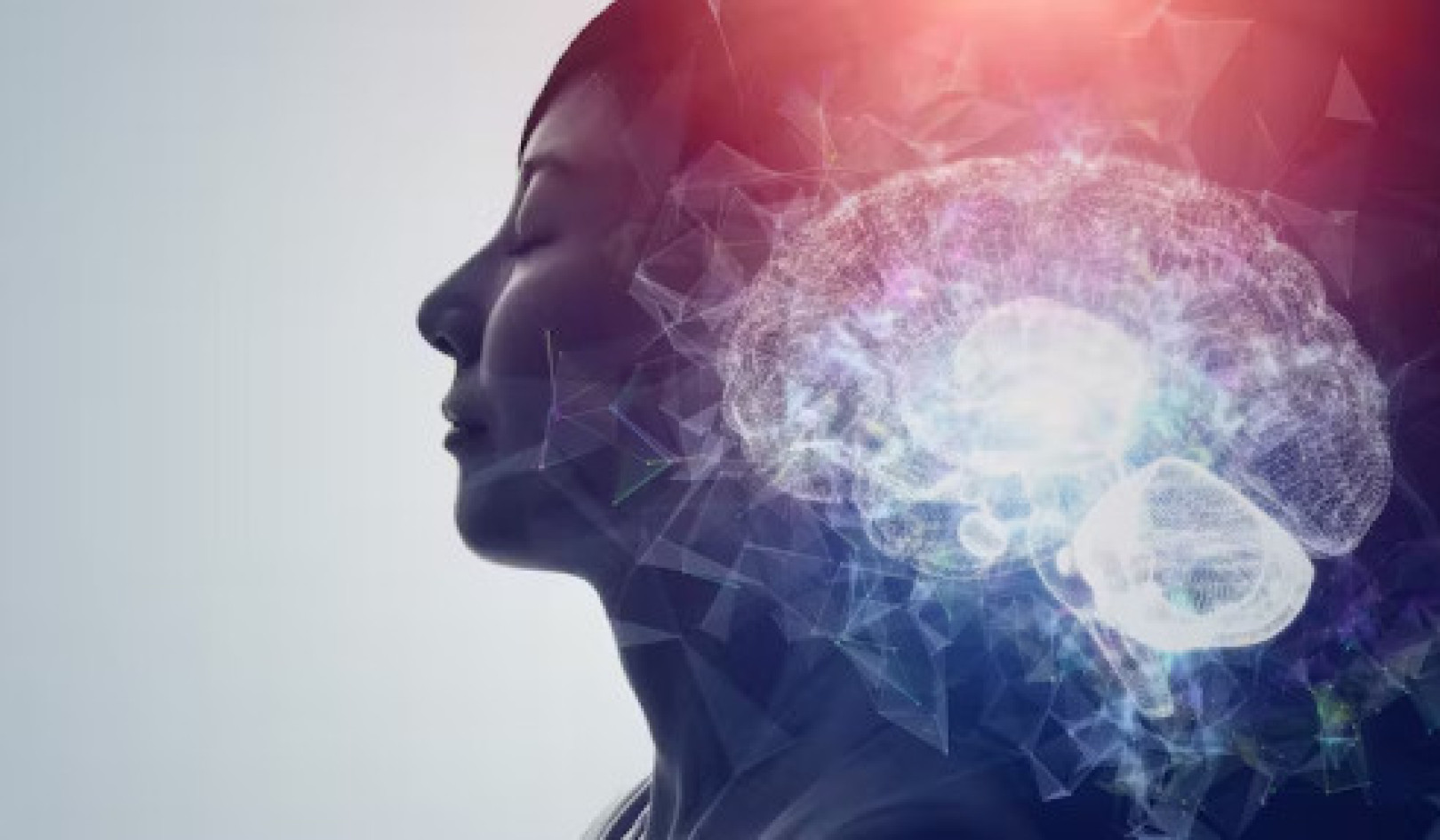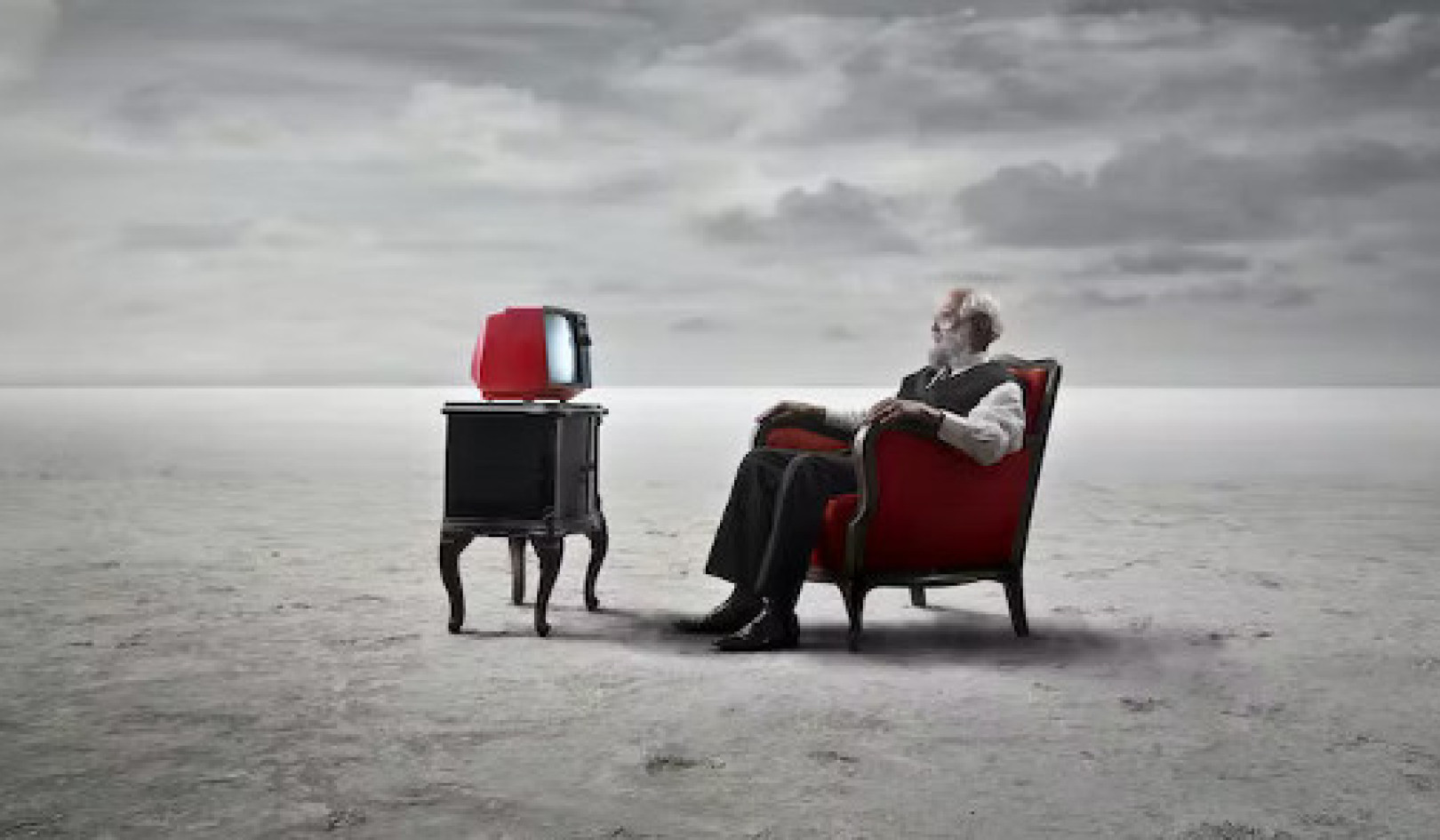
Cannabidiol (CBD), a non-intoxicating compound of the Cannabis plant, has exploded in popularity in recent times, touted as a medical “cure-all”. Retailers promise their products will heal cancer, stop dementia in its tracks, and treat autism. The CBD market is estimated to surpass the billion dollar mark within the next two years. Coca-Cola announced they were exploring the possibility of CBD-infused “wellness beverages” to join other CBD products such as CBD face masks, CBD gummy bears, CBD dog treats, and even CBD suppositories.
The Cannabis plant contains over 421 different chemical compounds, over 100 of which are phytocannabinoids (chemical compounds that are naturally occurring in the cannabis plant and act on cannabinoid receptors in the body). The two major phytocannabinoids of the cannabis plant are ?9- tetrahydrocannabinol (THC) and cannabidiol (CBD), with the former being the major psychoactive component of cannabis, and the latter being the non-intoxicating constituent that has received much less attention – until recently.
CBD has garnered much recognition as of late for its supposed myriad of benefits: People are using it to treat chronic pain, to sleep better, and to feel less anxious.
But how much of the hype is warranted and how much is simply smoke?
My friend said it got rid of their anxiety – is that true?
One of the most common claims about CBD is that it relieves anxiety. The research supporting this claim is limited. The majority of the claims that CBD has anxiolytic (anxiety-reducing) properties are based on a few choice studies.
CBD’s anxiolytic effects are thought to be due to it acting as an agonistA substance that binds to a receptor and activates the recep... at the serotoninA monoamine neurotransmitter with a variety of functions. receptor, 5-HT1A. Functional MRI studies also show that CBD decreases activation of the amygdalaA collection of nuclei found in the temporal lobe. The amygd... and cingulate cortex, which are areas of the brain associated with the induction of anxiety.
The first human study testing the anti-anxiety effects of CBD dates back to 1993 and used the Simulated Public Speaking (SPS) test to measure its effects in 10 patients. The test involved the subjects, who were university students, preparing a 4-minute speech on a topic that they had learned about in the previous year on their course, and to then repeat the speech on videotape. The study showed that a 300 mg dose of CBD significantly reduced anxiety-related symptoms induced by fear of public speaking, compared to the control group. Similar results were seen in a 2011 study involving patients with social anxiety disorder, and found that a 600 mg dose of CBD also reduced anxiety-induced symptoms.
“…a dose of at least 300 mg is required for CBD to have any kind of therapeutic effect. But the majority of CBD products contain a lot less than that.”
On the flip side, a 2018 study, using a 3D virtual-reality scenario, which simulated the social experience of being on a London Underground train in order to induce anxiety, found no beneficial anxiolytic effects of CBD administration (600 mg) in healthy volunteers with paranoid traits.
Another important detail determined by the studies mentioned above was that a dose of at least 300 mg is required for CBD to have any kind of therapeutic effect. But the majority of CBD products contain a lot less than that.
For example, a typical cup of CBD-infused coffee that you buy in your local trendy coffee shop will have, on average, about 5 – 10 mg of CBD, which is nowhere near the therapeutic dosage required for it to have any kind of anxiolytic effect.
The jury is out on whether CBD is actually effective in treating anxiety. And considering its high cost, many can’t afford to take that chance.
But it’s legal and harmless, so why does it matter if it’s the placebo effect?
Contrary to popular belief, the FDA classifies CBD as illegal – and some CBD products might not be as harmless as everyone thinks.
While the DEA recently declassified CBD as a Schedule 1 drug (meaning it has no currently accepted medical use and a high potential for abuse) in the United States, this is under the condition that the product has FDA approval and less than 0.1% THC content. Currently, only the antiepileptic drug Epidiolex falls into this category. Therefore, all other CBD products on the market are technically illegal. However, punishment is rarely enforced, leaving CBD in a legal grey area.
“A 2017 study from the University of Pennsylvania found that 70% of the tested products contained less or more CBD than was purported.”
Outside of the US, the law is less stringent. The European Food Safety Authority (EFSA) recently reclassified CBD as a “novel food” (“a food or food ingredient that was not available on the EU market to a significant degree prior to 1997”), and all CBD-containing products will now need to be approved before they are legally allowed to be sold on the market. In Canada, CBD is legal for all medical and recreational use.
As with many non-FDA approved dietary supplements, the consumer CBD industry is highly unregulated. This leads to many products being sold with inaccurate labeling. A 2017 study from the University of Pennsylvania found that 70% of the tested products contained less or more CBD than was purported. So, the expensive CBD oil you purchased on Amazon may have very little CBD, if any at all.
While CBD has a limited range of side effects (such as nausea, decreased appetite, and sleepiness), and doses of up to 1500 mg/day have been shown to be well-tolerated in humans, this does not mean CBD products are completely safe. It is not uncommon for commercial CBD products to contain more than the legal 0.2% THC allotment, as was also uncovered by the University of Pennsylvania study mentioned above. This poses a danger for potentially inducing unwanted intoxication, such as when driving or if given to children.
THC is not the only potentially dangerous ingredient that has been found in these products. A 2018 study tested a variety of CBD vape liquids and identified the dangerous synthetic cannabinoid 5F-ADB (a Schedule-1 controlled substance) as well as dextromethorphan (a well-known and widely abused cough medicine).
“While preliminary studies involving CBD do point to a potential anxiolytic effect, a lot of the experts remain skeptical. “
The fact of the matter is, the science of CBD remains shrouded in mystery. The demonization (and subsequent criminalization) of cannabis means that research into the therapeutic benefits the plant offers has been largely stunted. The research is still in its infantile stages.
While preliminary studies involving CBD do point to a potential anxiolytic effect, a lot of the experts remain skeptical. These purported claims rest shakily on mostly anecdotal evidence, but this does not mean that CBD is not an effective anxiolytic. Much more research is needed to substantiate the purported claims of CBD; specifically, long-term, double-blind randomized controlled studies with different and larger neuropsychiatric subject groups should be conducted.
We are at the dawn of a new age of cannabinoid pharmacology. As much of the stigma and fear surrounding the mysterious plant falls away, new opportunities for therapeutic use, if executed correctly, could carry great promise for ameliorating anxiety disorders.
This article originally appeared on Knowing Neurons
About The Author
Grace Browne is in her final year of a B.S. in Neuroscience at the University College Dublin in Ireland. After graduation, she is moving to London where she will be pursuing an M.S. in Science Communication at Imperial College London. She is a writer for the science and technology section of her college newspaper, as well as doing freelance science writing alongside her college studies.
Related Books
at InnerSelf Market and Amazon
References
- Bergamaschi, M. M. et al. (2011) ‘Cannabidiol Reduces the Anxiety Induced by Simulated Public Speaking in Treatment-Nai?ve Social Phobia Patients’, Neuropsychopharmacology. Nature Publishing Group, 36(6), pp. 1219–1226. doi: 10.1038/npp.2011.6.
- Bonn-Miller, M. O. et al. (2017) ‘Labeling Accuracy of Cannabidiol Extracts Sold Online’, JAMA. American Medical Association, 318(17), p. 1708. doi: 10.1001/jama.2017.11909.
- Fusar-Poli, P. et al. (2009) ‘Distinct Effects of ?9-Tetrahydrocannabinol and Cannabidiol on Neural Activation During Emotional Processing’, Archives of General Psychiatry, 66(1), p. 95. doi: 10.1001/archgenpsychiatry.2008.519.
- Hundal, H. et al. (2018) ‘The effects of cannabidiol on persecutory ideation and anxiety in a high trait paranoid group’, Journal of Psychopharmacology. SAGE PublicationsSage UK: London, England, 32(3), pp. 276–282. doi: 10.1177/0269881117737400.
- Poklis, J. L., Mulder, H. A. and Peace, M. R. (2018) ‘The unexpected identification of the cannabimimetic, 5F-ADB, and dextromethorphan in commercially available cannabidiol e- liquids’, Forensic Science International. Elsevier. doi: 10.1016/J.FORSCIINT.2018.10.019.
- Zuardi, A. W. et al. (1993) ‘Effects of ipsapirone and cannabidiol on human experimental anxiety’, Journal of Psychopharmacology, 7(1_suppl), pp. 82–88. doi: 10.1177/026988119300700112.






















